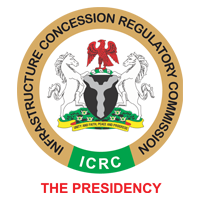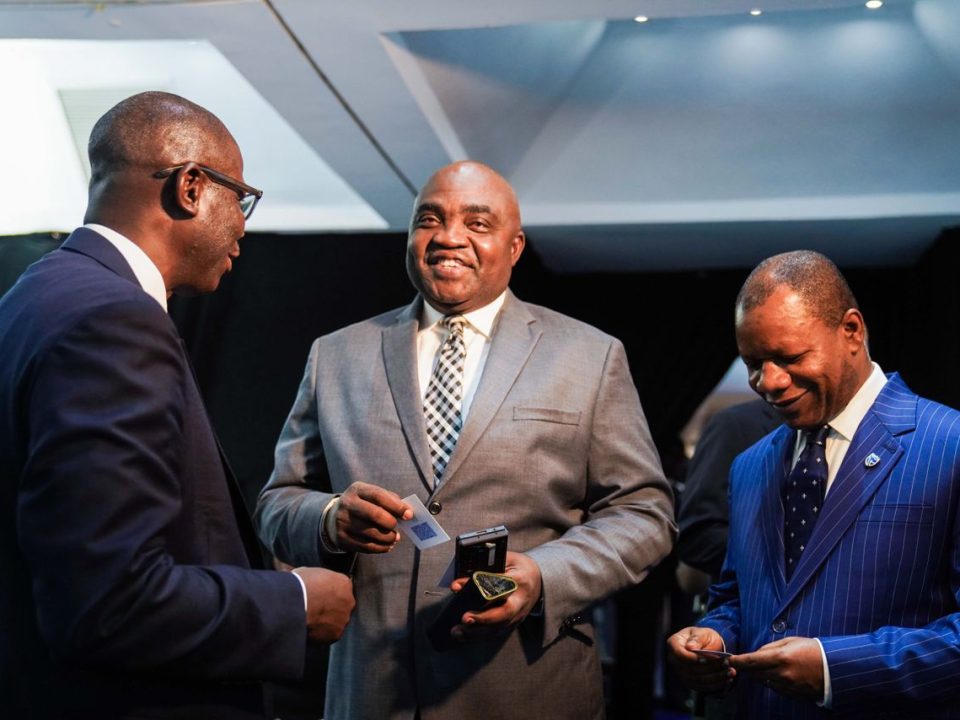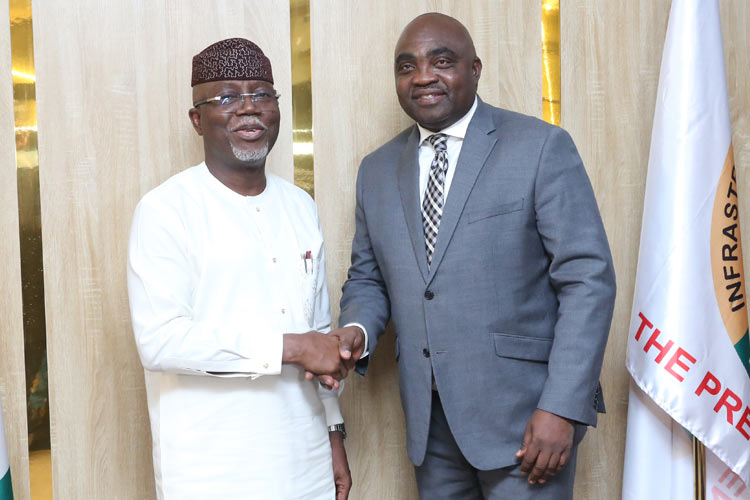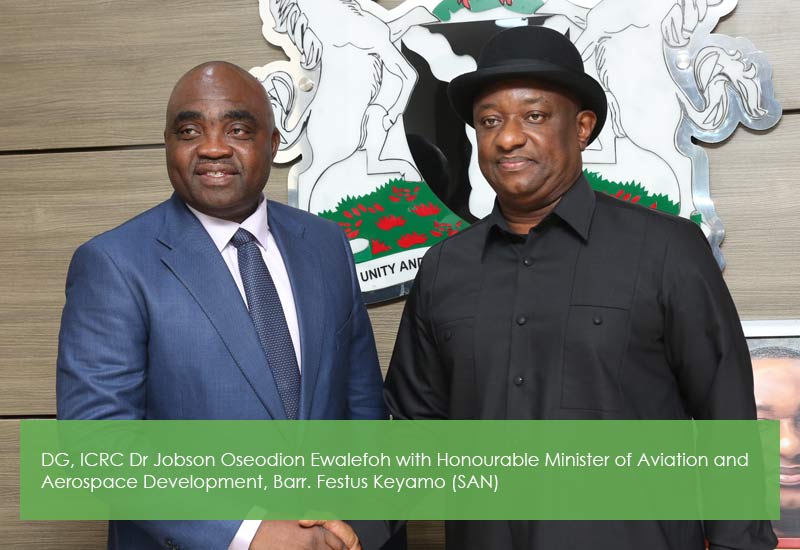How Nigeria can attract capital for infrastructure — Experts
Oyetunji Abioye
To attract the local and foreign private capital needed for infrastructure financing, economic and financial experts have advised the Federal Government to review its policies in order to achieve better business environment.
The experts, who posited that the solution to inadequate infrastructure financing in the country was private capital funding, said efforts must be geared at bringing investment inflows.
Owing to financial constraints facing the government, they said long-term funding that was independent of the government budget was needed to finance big-ticket projects.
The experts spoke at a conference for finance journalists in Lagos on Saturday.
The Acting Director-General, Infrastructure Concession Regulatory Commission, Mr. Chidi Izuwah, said large transportation projects required amounts beyond the capacity of the federal and state governments in any single year, given competing priorities.
He, therefore, said that external funding sources were inevitable for long-term projects, adding that Nigeria required stable, multi-year funding mechanisms independent of annual fiscal constraints in order “to catalyse long-term funding from various sources, namely banks, contractors, pensions, donors, multilateral agencies and the bond markets.”
“Public-private partnerships cannot by themselves bridge the gap. Government spending needs to be more smartly deployed to achieve the best value for money in any given project, e.g. through annuity payment contracts,” he added.
Izuwah, however, pointed out that there were a number of major policy constraints to private investment inflows into infrastructure in Nigeria.
He categorised these into three broad areas namely: tariffs and regulations; public procurement approach; and investment climate.
The ICRC boss said, “Enhancing the investment climate and clearing roadblocks to investor entry is one major area where the Federal Government can make a direct, near-term impact.
“We need a national infrastructure acupuncture plan. We need to choose the areas to put the pin. If we are not careful, our factor endowment can become a problem. Our total broad money is 20 per cent of our GDP. Government money is 20 per cent of our GDP. When you combine logistics and lack of energy, your productivity goes south.
“A developed country is not where the poor has a car but where the rich use public transport. Time waits for no one, so the concept of African time makes no sense. Transforming Nigeria is doable.”
The President/Chief Executive, Africa Finance Corporation, Mr. Andrew Alli, said that Nigeria needed to spend $3tn on economic infrastructure over the next 30 years if the country must meet its own ambitious development goals.
Represented by a top executive of the corporation, Fowler Fagbule, Alli said the Nigerian government’s ability to spend was limited based on what it was earning.
Despite the privatisation of the power sector, it is still significantly government-driven with challenges of transmission, gas supply, tariffs, payment security, and operational limits, which have left the industry in critical state regarding suitability for long-term investment, according to him.
“If we don’t have a cost-reflective tariff, we will not have the kind of investment we want,” he stressed.
Alli further expressed concern that despite its recent unbundling, “this industry is at a critical juncture in terms of privatisation, liberalisation and other conditions for long-term investment sustainability, both by public sector and private financiers. Both the public and private sides have fallen short of requirements to create a bankable and sustainable sector.”
The Chief Executive Officer, Rand Merchant Bank Nigeria, Michael Larbie, enumerated things the government must to do to attract private investments.
Source: http://punchng.com/how-nigeria-can-attract-capital-for-infrastructure-experts/



